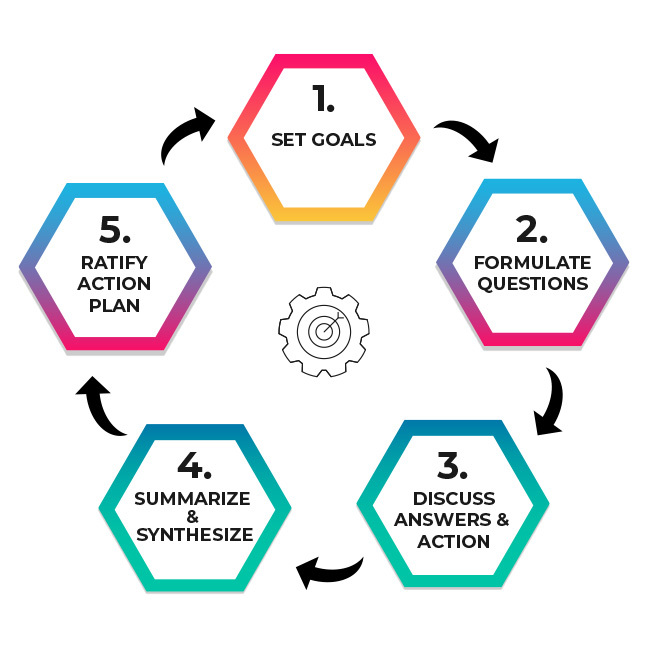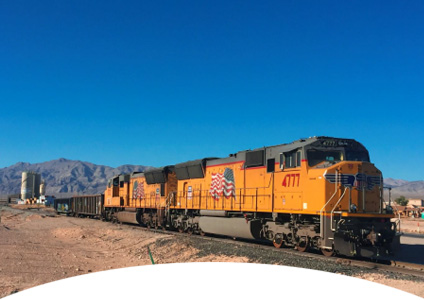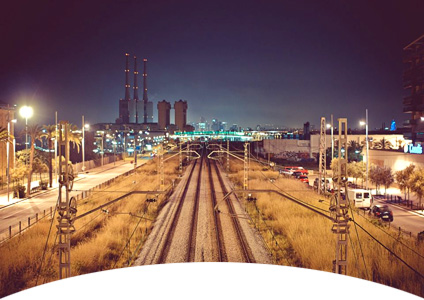Railroads, Collaboration, and a World That Works for Everyone
Introducing CAPSI, the Continental Action Plan for Sustainable Industry, where stakeholders create connected industrial systems and communities
Our first action plan places rail in greater service to industrial progress.
VitalRail
The need and opportunity for railroad development to address transportation efficiency and environmental challenges has never been greater. VitalRail is informed by our founder’s 30 years of in-the-field work advancing railroads as the catalyst for industrial productivity in 47 U.S. States and Canadian Provinces.
Enter CAPSI to Work on the Future of Rail








